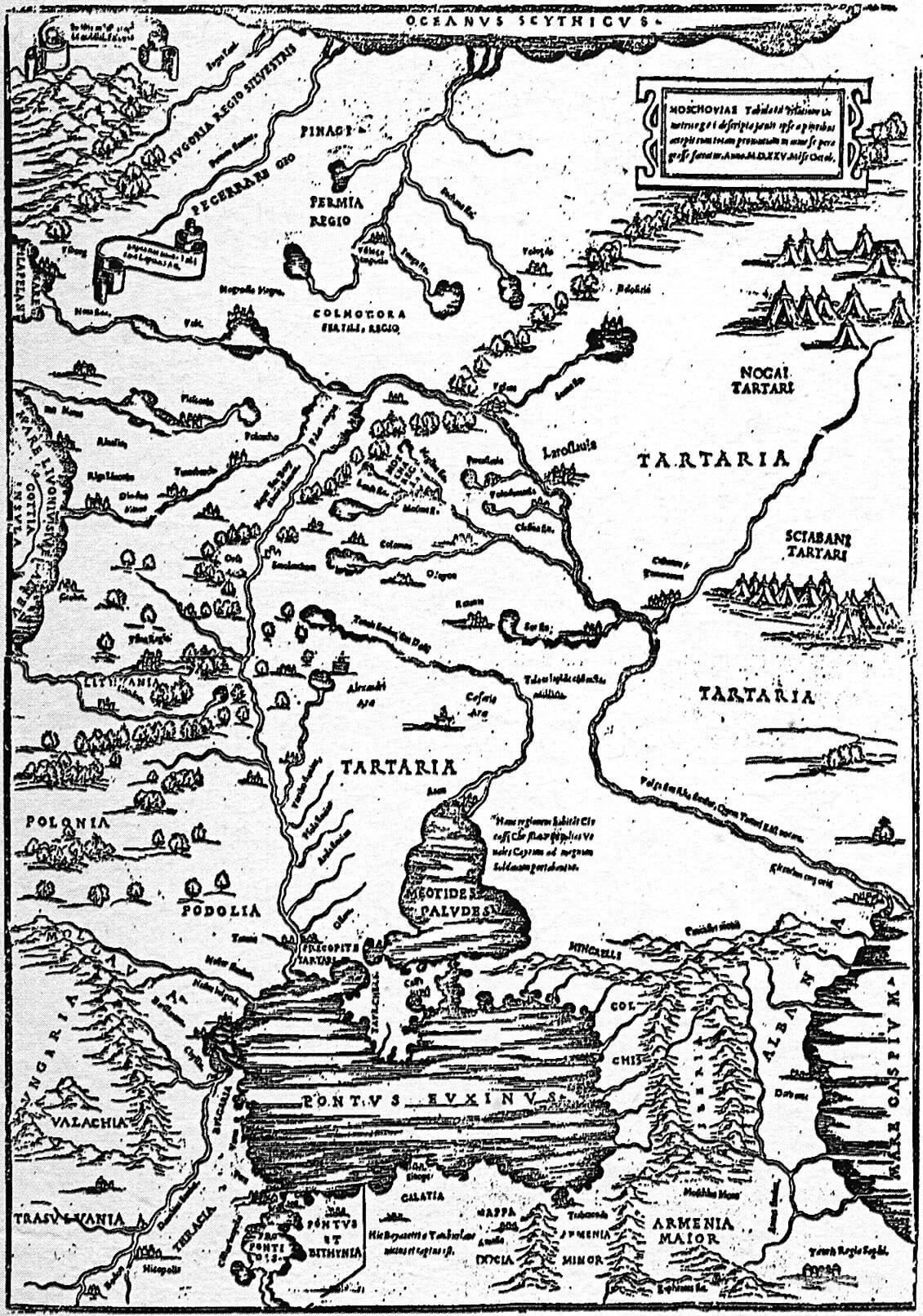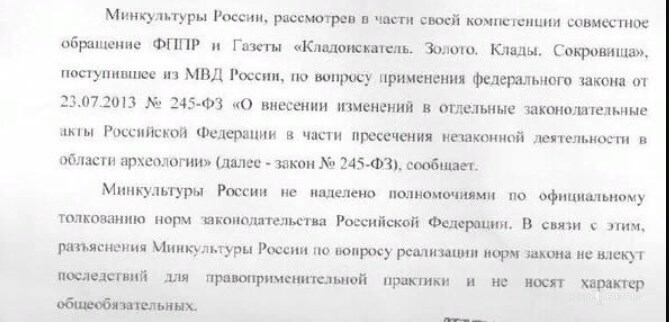Top 5 stupidest myths, tales and legends among treasure hunters (diggers)
Good mood to you, dear readers of our blog.
Let's talk about all kinds of nonsense today. Well, the one they usually carry. Although, it is possible and even quite likely that what I am about to talk about is not nonsense at all, but definitely reliable and real information. It’s up to you to decide which of the topics in this article is true or fiction. Go.
Fifth place. A local resident will indicate a place where you can dig well.
This myth is actively inflated by bloggers and bloggers due to the fact that readers and viewers react well to such catchy headlines by scrolling through the feed. Although, the TOP-5 topics are the same from this topic, but that’s not what we’re talking about. And about the fact that in considerable practice, I only once managed to find a place that I learned about from a village old-timer. And then, I managed to find that farm after the fifth trip to approximately the indicated place, although it was in vain, as it turned out the farm turned out to be dug by predecessors with a foundation hole.

The problem with this method in finding new places is that the same conditional local resident (old man, tractor driver, farmer, forester, mushroom picker… underline as appropriate) is very poorly oriented using Google and or Yandex maps. You can find the indicated farm, or field camp, or forest holding only if you are very well versed in local place names. Wolf Pit, Vaskin Meadow, Dog Luka, Tyrnobaza and so on. So, dear readers, I think that we should not completely rule out the possibility that some local resident might lead visiting diggers to a swag site. After all, being a cop is a hobby that always involves a certain amount of luck.
Fourth place. Archaeologists steal valuable finds from excavations.
This is a very popular myth among instrument search enthusiasts. This idle opinion can often be read in threads discussing the legality of cops. Why do I think this is a myth? Well, there are several reasons, and the first is that over the past twenty years, not a single archaeologist has been convicted of such activities. And we understand that if suddenly any sane officer receives information that there are illegally stored archaeological objects in the house of such and such an archaeologist, any captain can become a major in a month.

TV program Town “Gold of the Scythians” Those who remember will understand what we’re talking about)))
Also, we should not forget another powerful argument – professional envy in scientific circles. Any junior researcher dreams of becoming the leader of an archaeological expedition. Especially if the excavations are in good places. It is enough to open the database of court decisions and you can see that almost half of all administrative cases regarding violations in the field of archeology are cases against archaeologists themselves.
However, where could such a myth come from and what supports it? First of all, this is really strict and highly regulated legislation in the field of work of archaeologists. It feels like those who wrote these laws really knew, using specific examples, where and how to tighten administrative screws. And the second is what official archaeologists usually show as the result of their work. Personally, when I found my first one-yard tree and in 6 hours of digging I picked up more than 30 different colored finds (crosses, scales, rings). Since then, I have been watching with great skepticism reporting reports on TV in the style of “Ensk archaeologists have made a number of stunning discoveries! !!”
Third place. I know a guy who has been digging in an ancient city for five (+ – x) years.
And I know a guy who, after five years of being a cop, found that it’s not a sin to show off just one coin – a five-kopeck cloudlet. So he (the guy) carries this cloud jacket to each of his cops and when he meets unfamiliar comrades on the field, he boasts that he just picked up such a coin, “Why can’t you tell me this???”
In general, this story of a certain successful hacker can, if desired, be found in thematic forums from five to ten years ago. There you can see photos of very interesting and expensive finds and short messages like “I dug well on the pre-Mongol again.” So, we are unlikely to be able to find out now who it was, and in general whether these people had anything to do with the real finds. But the myth is very firmly entrenched in the minds of the average person using instrument search.
Second place. Some secret ancient map.
This myth has many narrative options, but they all boil down to one plot. A certain digger was able to get hold of a rare old map (in an archive, in a museum, from an old archaeologist, from an antique dealer, from a retired topographer of the General Staff… underline what is necessary). And now, thanks to this map, he (the digger) finds such places (missing villages, monasteries, inns and fairs… underline what is necessary) that the map alone paid for itself in the first month of digging. And how many treasures did he (the digger) lift!!! So within a year I bought myself, my wife, my mother-in-law and three mistresses a jeep and a separate apartment.

The earliest map of Muscovy
As I understand it, this myth migrated to us from European lovers of instrument search. Medieval cartography has a very long history there. And it was in Europe that the sale of counterfeit cards with supposedly indicated treasures was started by scammers of all stripes. Let’s remember “Hearts of Three” or “Treasure Island.” Whereas among our, so to speak, home-grown scammers, the little ones from the zone were more popular. A letter home from a comrade who allegedly died in hard labor, in which that same supposedly dead comrade writes to his parents or wife where he buried the looted treasures. Before the 1917 revolution, such letters could be shamelessly sold to any gullible peasant in every city tavern.
First place. Letter from the Administration of the President of the Russian Federation.
A very popular myth among diggers and treasure hunters of 2013-14. What's the point? There is an opinion, confirmed by dozens of scans of letters – “official responses from government agencies”, that law No. 245 of the Federal Law does not prohibit instrument search as a hobby. What does it look like? A small excerpt of one such letter is attached.

Fake letter.
In 2013-14, on every thematic forum, website or Kopar blog on LiveJournal, one could see dozens of varieties of similar standard letters. Allegedly, a certain public organization sent a request to the Administration of the President of the Russian Federation and received a response. A scan of the response with details was posted for public access. And then, few people cared that the administration of the President of the Russian Federation did not provide explanations on certain laws adopted by the State Duma of the Russian Federation.

And this is what a real answer to a real request looks like
What's the point? The fact is that with the adoption of a new law under which the search and or seizure of archaeological objects is now subject to criminal charges, a kind of panic began among the diggers. And of course, there was a strong desire to find loopholes in this law. In those years, many cops actually went to the mines, taking with them a pile of printed documents. Certificates from the museum stating that it is donating finds to the museum, a rental agreement for the MD, extracts from the regional inspectorate for the protection of OKN that there is no OKN in this field, and in addition a certain scan of a letter from the Presidential Administration. To be honest, I don’t know of a single case to whom these documents have ever helped. There may be such cases, but it is a fact that arbitration courts do not accept lease agreements for MDs.
So today we have a voluminous but always interesting topic. If you, dear readers, know any other interesting examples of myths from the world of instrument search, write about it in the comments, we will definitely discuss it and perhaps analyze it in detail in a separate note.
